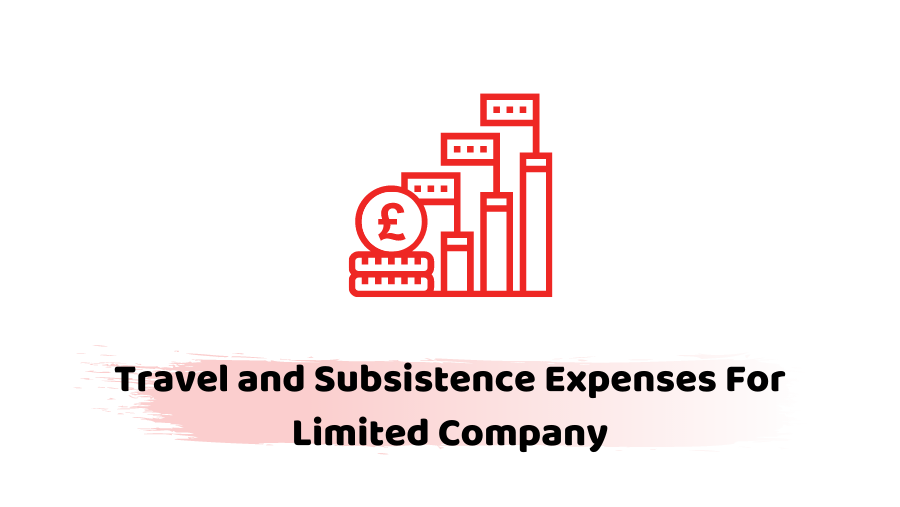The tax treatment of travel and subsistence expenses can be surprisingly complicated.
The starting point is that employees are entitled to tax-free payments for a business journey. The employer can either pay the employee tax-free for the cost incurred or the employee can claim for tax relief on any shortfall through their tax return.
The fact that an employee may have made a saving is irrelevant. So if the employee normally drives 10 miles from home to the office but is then required to drive 50 miles from home to a business client, the full 50 miles are claimable, not just the excess 40 miles. The rate of approved mileage allowances by HMRC for employees using their own cars for business travel is 45p per mile for the first 10,000 miles per year and 25p per mile thereafter. It should be noted that this rate includes a certain amount for fuel on which VAT can be reclaimed by the employer when backed with appropriate records.
Qualifying travelling expenses
You can claim the cost incurred in travelling in the performance of your duties or travelling to or from a place you have to attend in the performance of your duties as long as your journey is not ordinary commuting between your home and your permanent workplace or private travel.
Therefore site-based employees can claim the cost of travelling from home to site, although this is not allowed if the job at the site is EXPECTED to last for more than 24 months. If the position at the site actually lasts longer than 24 months then they fail to qualify from the point at which they knew the 24 months would be exceeded. This should be distinguished from a permanent place of work that does not qualify at any time.
The subsistence costs such as meals and accommodation in connection with this travel are also allowable. Car parking, toll fees, and congestion charges are also allowable.
The fact that an employee may divert for a private purpose such as to do some shopping on the way home does not prevent it from being a business journey if the primary purpose was business.
Permanent workplace(s)
A permanent workplace is usually the normal place where the employee goes to work although is actually. Defined as any place where an employee regularly attends in the course of their duties. This is not considered to be restricted in length or for any other temporary purpose. It is possible to have two permanent workplaces and as a guide. If more than 40% of your time is spent at the second workplace this can become permanent work as well. Although it is always necessary to look at the facts of the case. In some cases, spending less than this can also make it a permanent workplace.
Triangular Journeys
Where the employee travels from home to say a client. Then to the office then the whole journey will qualify as business travel, which can be beneficial. However, it is important that the primary purpose of this is business. The work-related diversion is not done just to claim the business journey.
Use of Home as Office
Aside from making claims for use of home or office. If the employee’s home can be classified as a permanent workplace. On the facts then journeys to the head office should qualify as business journeys.
Record Keeping
Employers should keep records in support of all business travel and subsistence payments. Where possible try to get dispensations for the number of expenses paid agreed with HMRC.
How We Can Help You
Accotax can advise you on the tax treatment of your travel and subsistence expenses. Some cases are borderline and we can help argue your case with HMRC. We can also assist you in applying for expenses dispensation.





















































